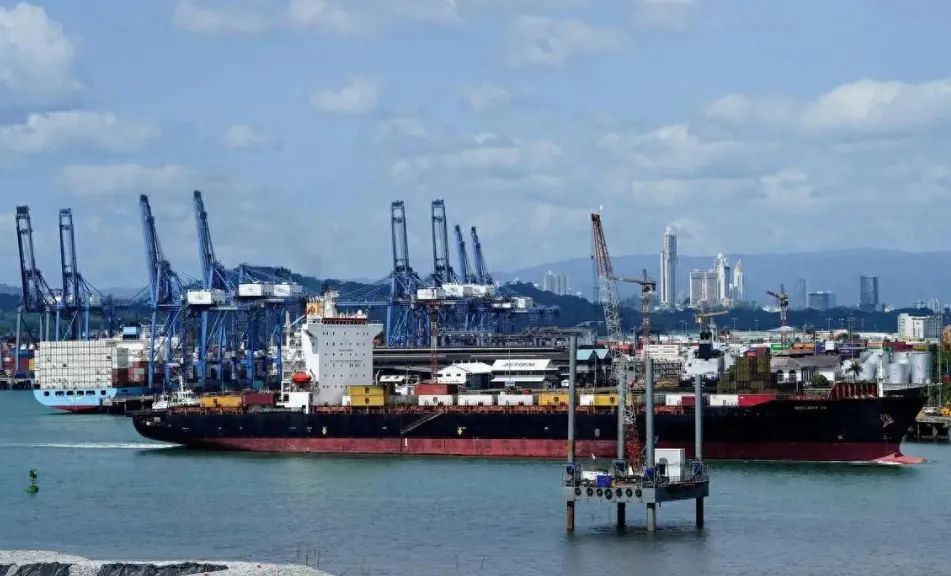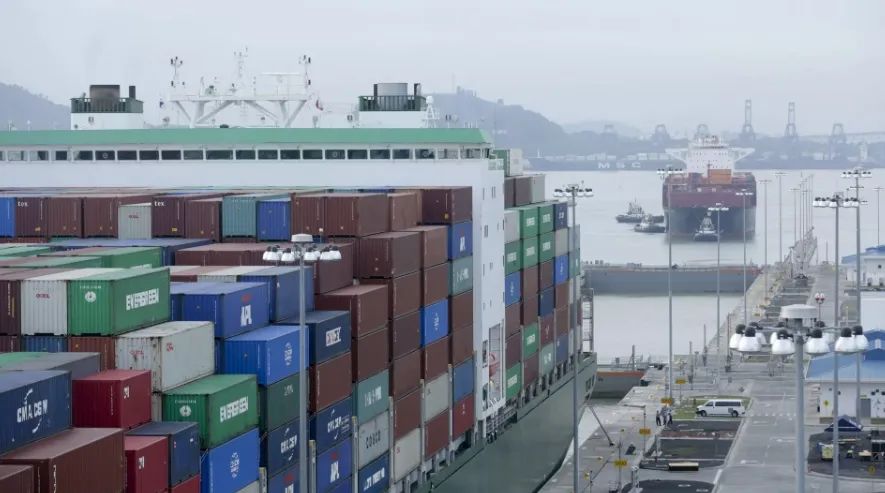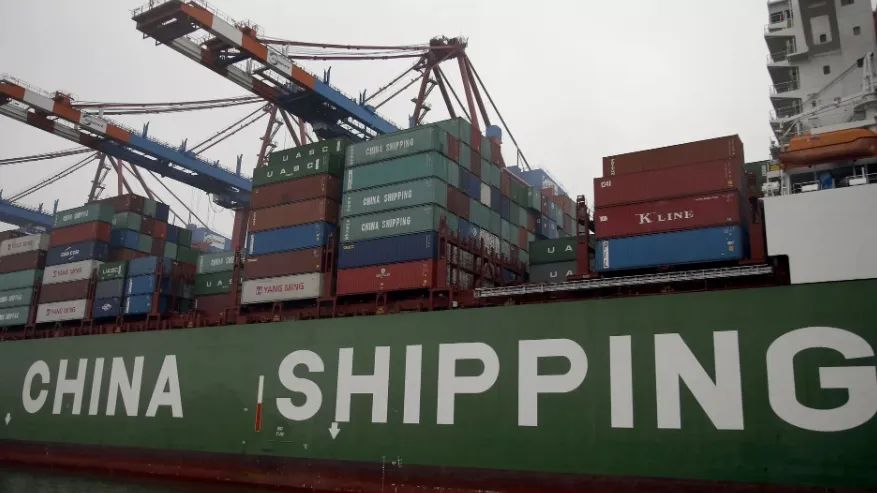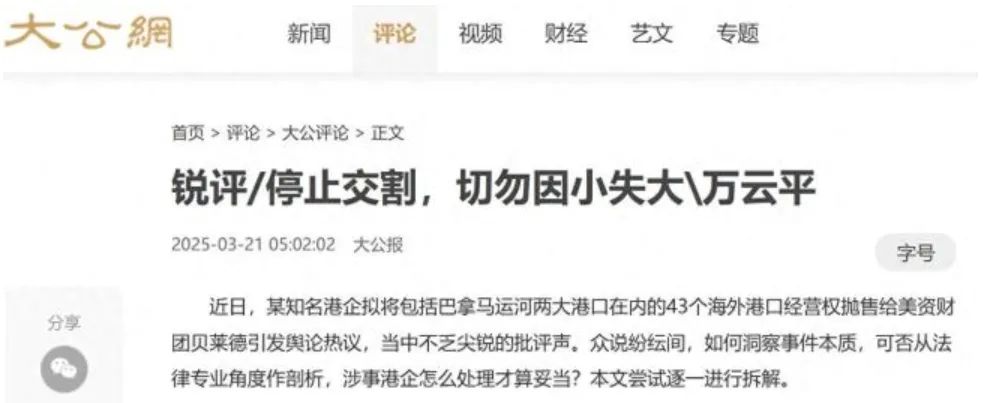html
Decoding Li Ka-shing’s Panama Canal Ports Sale: Business or Betrayal?

As global geopolitical tensions rise, strategic assets like Panama Canal ports become flashpoints. Dive into the controversial sale by Li Ka-shing and its far-reaching implications for U.S.-China relations, economic strategies, and national security. Discover why this deal matters more than just business headlines.
1. Introduction
To stay connected in case of unexpected events, you can add me on WeChat (original author’s contact removed for privacy).
Recent debates have erupted over Li Ka-shing’s sale of Panama Canal ports, sparking divided opinions. Some argue it’s purely a business decision, while others view it as a betrayal of national interests. Below, we break down the facts and implications.
2. Background of the Panama Canal Ports Deal
2.1 The Original Agreement

In 1997, Li Ka-shing’s Hutchison Whampoa won bids to operate ports at both ends of the Panama Canal: Balboa Port (Pacific side) and Cristóbal Port (Atlantic side).
The 25-year lease included a 25-year renewal option, extended automatically in 2021 until 2047.
2.2 Trump’s Involvement

In December 2024, former U.S. President Donald Trump claimed on Truth Social that the U.S. was being “unfairly treated” at the canal and falsely accused China of military control over it.
Fact-check:
- The canal has been owned/operated by Panama since 1999 under the Torrijos-Carter Treaties.
- Hutchison’s ports are commercial assets, unrelated to canal operations or China’s government.
2.3 U.S. Motives

Economic: 70% of canal traffic serves U.S. trade. High fees and inefficiencies raise costs, fueling inflation.
Strategic: Fears that China could disrupt U.S. military logistics during conflicts (e.g., Taiwan tensions).
2.4 Panama’s Response
Under U.S. pressure (e.g., Secretary Rubio’s February 2025 visit), Panama:
- Ended its Belt and Road Initiative partnership with China.
- Launched an audit of Hutchison’s ports.
3. Li Ka-shing’s Sale: Business or Betrayal?
3.1 The Controversial Deal

In March 2025, Li sold 43 ports across 23 countries (including Panama’s) to U.S. firm BlackRock for $22.8 billion.
Criticisms:
- Timing: Announced during China’s “Two Sessions” political meetings, seen as provocative.
- Secrecy: No prior notice to Chinese authorities, despite Li’s son being a CPPCC member.
- Price: Sold at a lower valuation than past offers from Chinese state firms (e.g., $16B for 40% in 2015).
3.2 Strategic Risks for China

U.S. Control: BlackRock’s ports now handle 10.4% of global container traffic, potentially enabling:
- Trade barriers: Fees/tariffs targeting Chinese ships (e.g., proposed $1.5M per-entry fee).
- Data access: Monitoring cargo flows for sanctions leverage.
Precedent: The U.S. may pressure other nations to seize China-linked ports (e.g., Australia’s Darwin Port reversal in 2021).
4. China’s Potential Countermeasures
4.1 Legal Actions

- National Security Law (Art. 59): Block the sale if it threatens “maritime transport security.”
- Antitrust Law (Art. 28): Challenge BlackRock’s monopoly.
- Hong Kong National Security Law (Art. 6): Prosecute Li for “colluding with foreign forces.”
4.2 Diplomatic Steps
China could:
- Negotiations: Treat ports as bargaining chips in U.S.-China talks (like TikTok’s 2024 deal).
- Alliances: Strengthen partnerships with alternative ports (e.g., Sri Lanka’s Hambantota).
5. Conclusion

Li Ka-shing’s sale reflects short-term profit motives over national loyalty, handing the U.S. leverage in its trade war with China. However, China’s legal and diplomatic tools may yet reverse the damage.
Key Takeaways:
- The Panama ports are a small but symbolic part of U.S.-China rivalry.
- BlackRock’s purchase aligns with Trump’s “America First” maritime strategy.
- Future battles will focus on port control, shipping fees, and data security.
